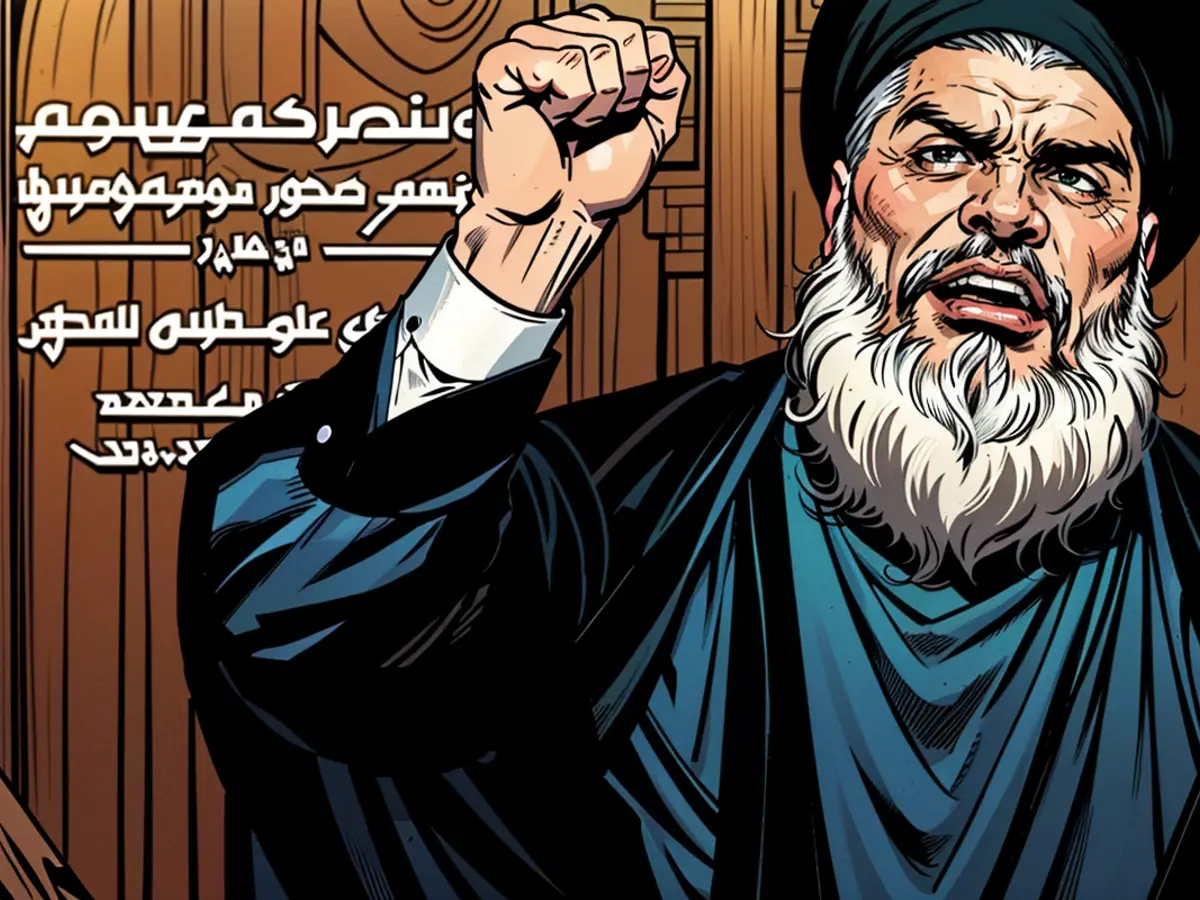- Hezbollah Leader Stated Unintended Targeting of Civilians
The leader of Hezbollah, Hassan Nasrallah, announced on a Sunday broadcast that their extensive assault against Israel was strategically aimed at military infrastructure, not civilians. He emphasized, "Our objective wasn't to harm civilians, but to strike military targets." Hezbollah's decision to protract the attack involved selecting a precise target and waiting for a suitable moment, even allowing for peace talks to continue. This delay was also seen as a form of retribution towards Israel.
Subsequent strikes targeting Israel are expected from Iran and Yemen's Houthi militia.
According to Nasrallah, Hezbollah unleashed 340 rockets against Israel. Israel’s response involved retaliatory strikes on southern Lebanon, justifying them as self-defense measures. The retaliation resulted in the unfortunate deaths of three innocent civilians in Lebanon, while regrettably, one Israeli solider lost his life, allegedly hit by debris from an Israeli interception attempt.
Hezbollah holds a prominent role as Iran's most influential non-state ally in the Middle East, while simultaneously being the most weaponized non-state group in the region. Over the past ten months, since the inception of the Gaza conflict, Hezbollah and Israel have been embroiled in nearly daily hostile exchanges, leading to significant civilian casualties on both sides of the border.
The conflict between Hezbollah and Israel, primarily based in the Middle East, has resulted in frequent hostilities and civilian casualties. Despite Israel's claims of self-defense, criticisms have been raised about the impact of their retaliatory strikes on innocent civilians in the Middle East.








